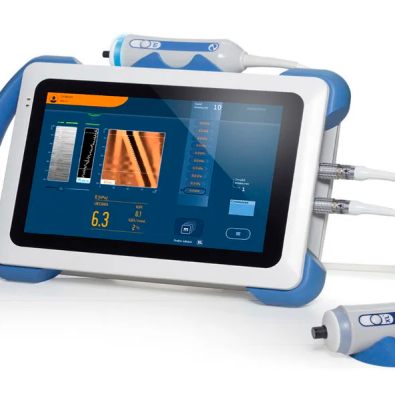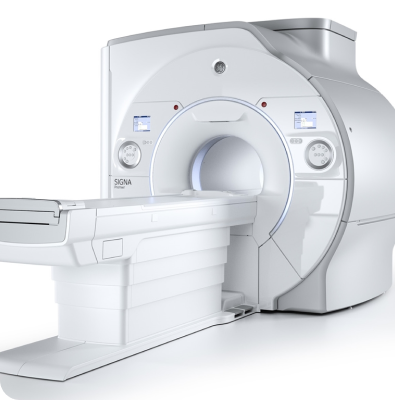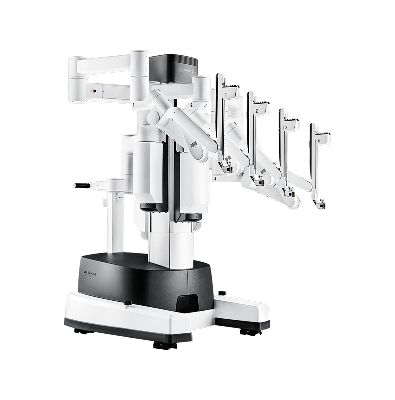Immunology is the science that studies the immune system, while allergy refers to an overreaction of the immune system to substances that are normally harmless.
Allergic diseases commonly present as allergic rhinitis (hay fever, seasonal allergy), allergic asthma, and skin allergies.
In daily life, allergens such as pollen, house dust mites, pet dander, and mold spores can cause allergic reactions affecting the eyes, nose, and respiratory tract.
Certain medications, chemicals, and dyes may lead to skin reactions such as redness, itching, and swelling.
Food allergies, particularly in children, can be triggered by foods such as milk, eggs, nuts, fish, and seafood, leading to allergic symptoms or reactions.
In our center, skin prick tests for respiratory and food allergens, as well as blood allergy tests when necessary, are performed to identify allergic sensitivities.
Patch testing is conducted to detect allergic reactions to chemical substances.
For drug-related allergic reactions, both skin and blood tests are utilized to determine the specific medication causing the allergy.







